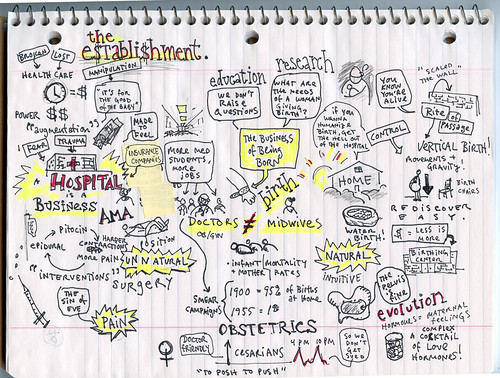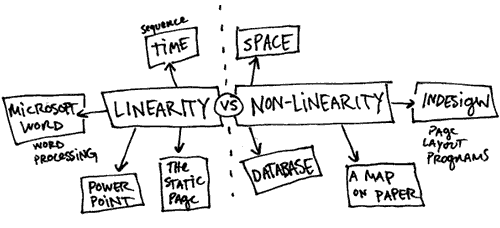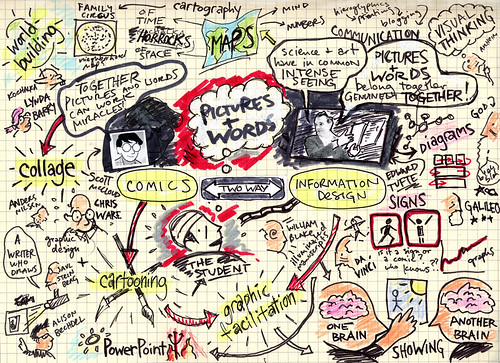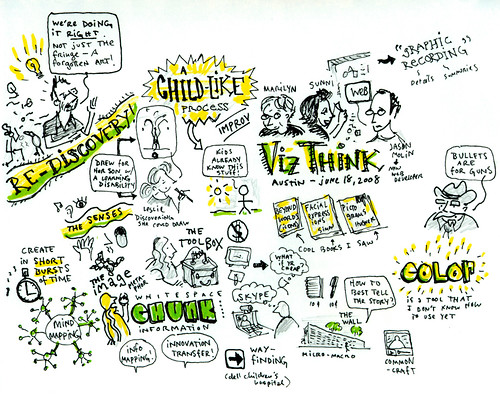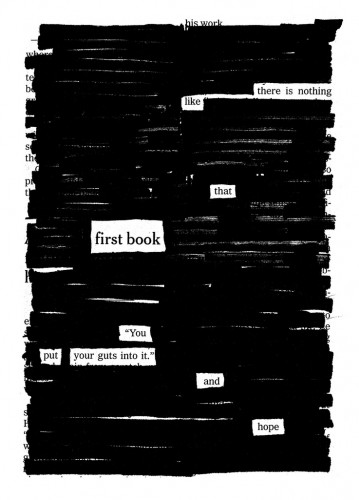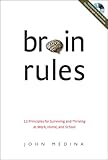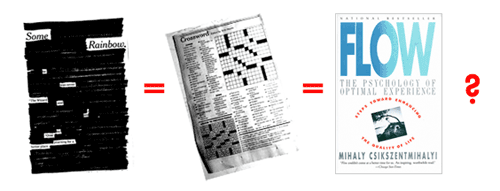The Business of Being Born is a great watch. This map doesn’t do it justice. From IMDB:
While the United States has perhaps the most advanced health care system in the world, it also has the second-highest infant mortality rate of any industrialized nation, and many have begun to question conventional wisdom regarding the way obstetricians deal with childbirth. While midwives preside over the majority of births in Europe and Japan, fewer than ten percent of American mothers employ them, despite their proven record of care and success. How do American doctors make their choices regarding the way their patients give birth, and who is intended to benefit? Director Abby Epstein and producer Ricki Lake offer a probing look at childbirth in America in the documentary The Business of Being Born, which explores the history of obstetrics, the history and function of Midwives, and how many common medical practices may be doing new mothers more harm than good.
If you have Netflix you can watch it online. There were 2 or 3 water births
in the film, which Meghan and I had to go back and review because they were so amazing-looking.
All that said, Meg and I are going to go celebrate NOT being pregnant, and NOT wanting to be.
